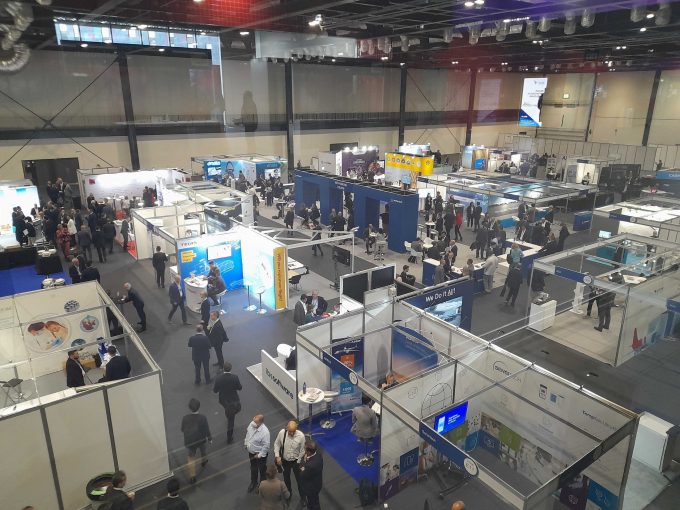News in Brief podcast | Week 30 2024 | Surcharges, strikes and IATA's stressful settlements
In this episode of The Loadstar’s News in Brief Podcast, host and news reporter Charlotte Goldstone ...

The Buddenbrooks effect, outlined in the eponymous 1901 novel by Germany’s Thomas Mann, describes how successive generations in a family experience a gradual decline in finances, ideals and happiness from a wealthy peak, as societal values change and family business hierarchies are replaced by industrialisation.
IATA this week hosted its biggest-ever WCS, with some 1,350 delegates from 73 countries attending. Ticket prices were high, there were more stands and sponsors than usual: revenues were presumably also at record levels.
And costs appeared ...
Amazon pushes into LTL for small package fulfilment and UPS does a u-turn
New senior management for DSV as it readies for DB Schenker takeover
Volumes set to 'fall off a cliff' as US firms hit the brakes on sourcing and bookings
Asian exporters scramble for ships and boxes to beat 90-day tariff pause
Temporary tariff relief brings on early transpacific peak season
'Tariff madness' will prompt renegotiation of ocean shipping contracts
Forwarders 'allowing the fox into the chicken run' by supporting 'hungry' carriers
Response to tariffs by Chinese importers may see extra costs for US shippers

Comment on this article
Jim The insider
September 30, 2022 at 4:05 pmSpot on and well written. IATA’s approach can best be described as clueless arrogance, and surely the value of its brand will continue to slide. WW has turned the Organization into an ego-trip and promoted the person who told PayCargo to get lost – a significant mistake which will accelerate the demise of CASS and related product offerings in data and financial services. All the events and CEIV programs are just desperate efforts to keep the show running, sooner or later customers will see through. There are faster, better, leaner, and more capable companies out there and many have understood how lucrative IATA’s business has been.
Gerry Jackson
September 30, 2022 at 8:49 pmGee; fewer than 18% of speakers were women. Yawn.